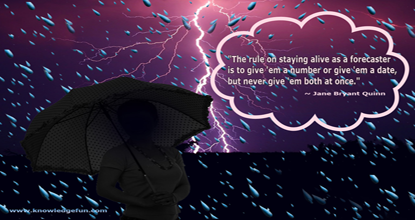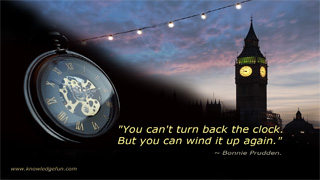What You Should Know
More than one in three people age 65 years or older falls each year.
A simple fall can change your life, like slipping on a wet floor or tripping on a rug.
If you fall, you could break a bone, and for older people, a break can be the start of more serious problems, such as a trip to the hospital, injury, or even disability.
The fear of falling becomes more common as people age, even among those who haven't fallen.
Because of the fear of falling some older people try to avoid activities such as walking, shopping, or taking part in social activities.
Many older adults fear falling, but don't let a fear of falling keep you from being active.
Try to overcome fear of falling and stay active, maintain your physical health, and take steps to prevent future falls.
Doing things like getting together with friends, gardening, walking, or going to the local senior center helps you stay healthy.
The good news is, there are simple ways to prevent most falls.








